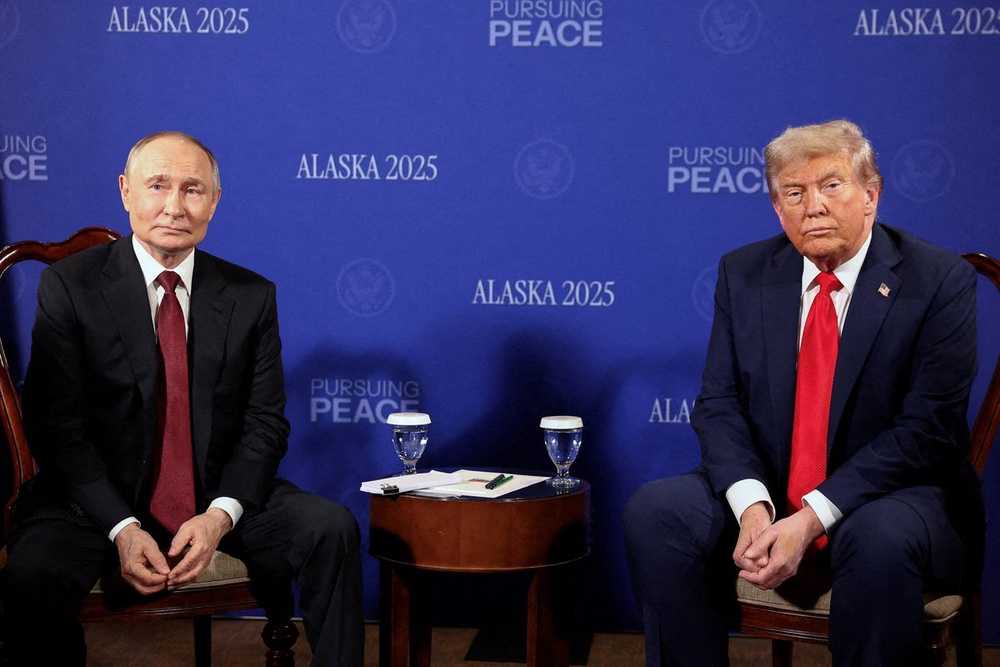
Sujit Kumar Datta, Former Chairman of Department of International Relations, University of Chittagong, Bangladesh
Aug 26, 2025
The legacy of Donald Trump may endure if only because he triggered a new global order through the law of unintended consequences. He has set in motion a major power shift in which China — aligning with India, Russia and key trade blocs — will become the global captain over the next 10 to 20 years.

Li Ziguo, Director and Research Fellow at Department for European-Central Asian Studies, China Institute of International Studies
Aug 22, 2025
While presidents Donald Trump and Vladimir Putin both got something out of the virtual bust, Europe and Ukraine are actually relieved that they failed to reach an agreement. This not only preserves Europe’s dignity but keeps the door open for future negotiations.
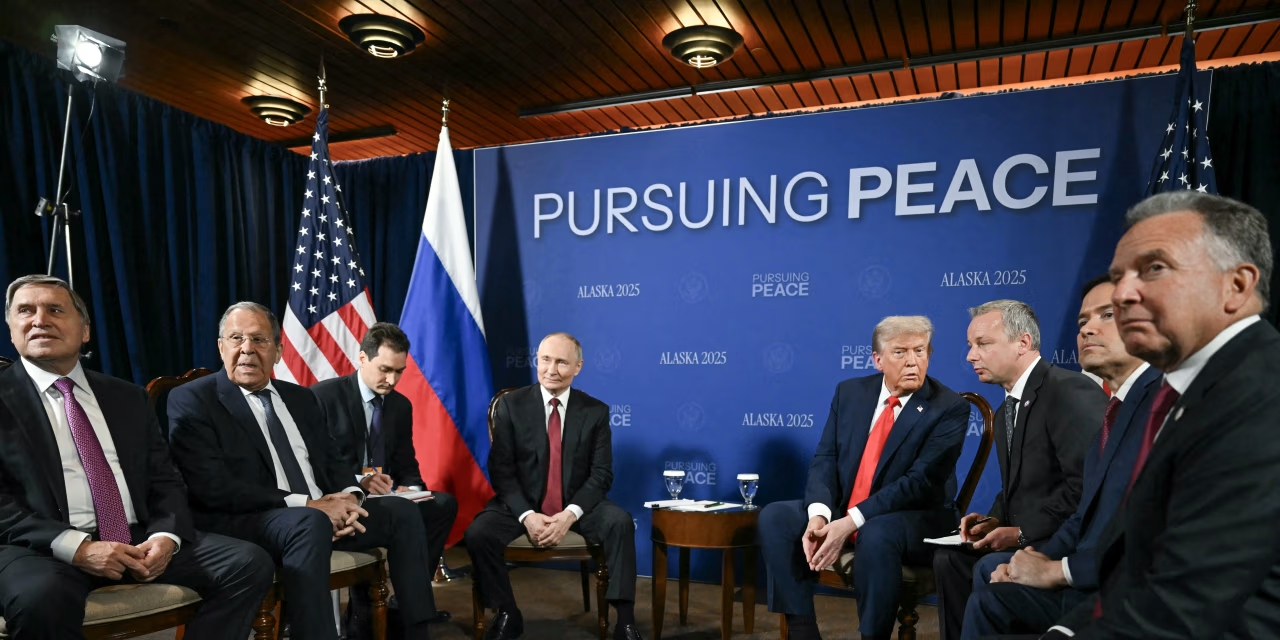
Tian Dewen, Senior Fellow, Institute of Global Governance and Development, Renmin University of China
Aug 22, 2025
Actual improvement of the bilateral relationship between the United States an Russia should be helpful in ending the war in Ukraine. Virtually any effort that facilitates sustainable peace is worthy of China’s support. So the meeting in Alaska does not need to be interpreted as unproductive.
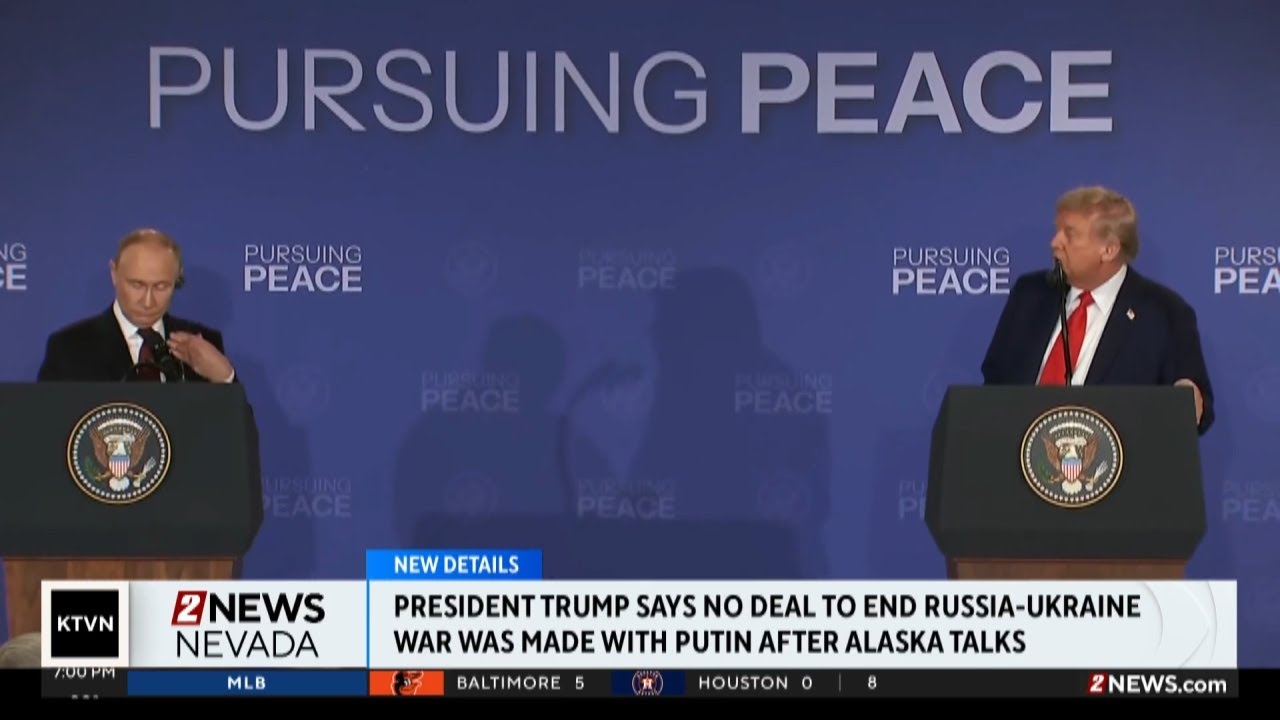
Jiayi Zhang, Researcher, Global Governance Institution
Tian Shichen, Founder & President, Global Governance Institution
Aug 22, 2025
The summit could mark a turning point in U.S.-Russia relations and lead to a rewriting of the geopolitical playbook. For China, the lesson is that it must hold fast to its principles, maintain strategic composure and pursue its interests on its own terms.
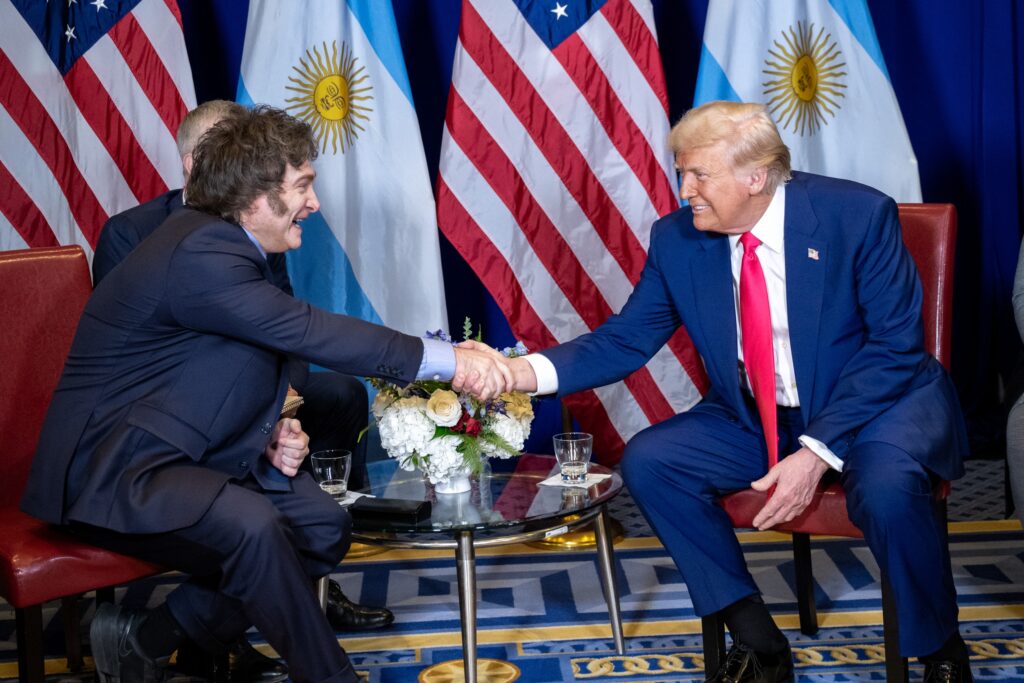
Wang Youming, Senior Research Fellow of BRICS Economic Think Tank, Tsinghua University
Aug 13, 2025
U.S. policy in Latin America has acquired some new characteristics. While it retains the basic shape of the centuries-old Monroe Doctrine, it has now been enhanced with Donald Trump’s peculiar transactional and bullying style.
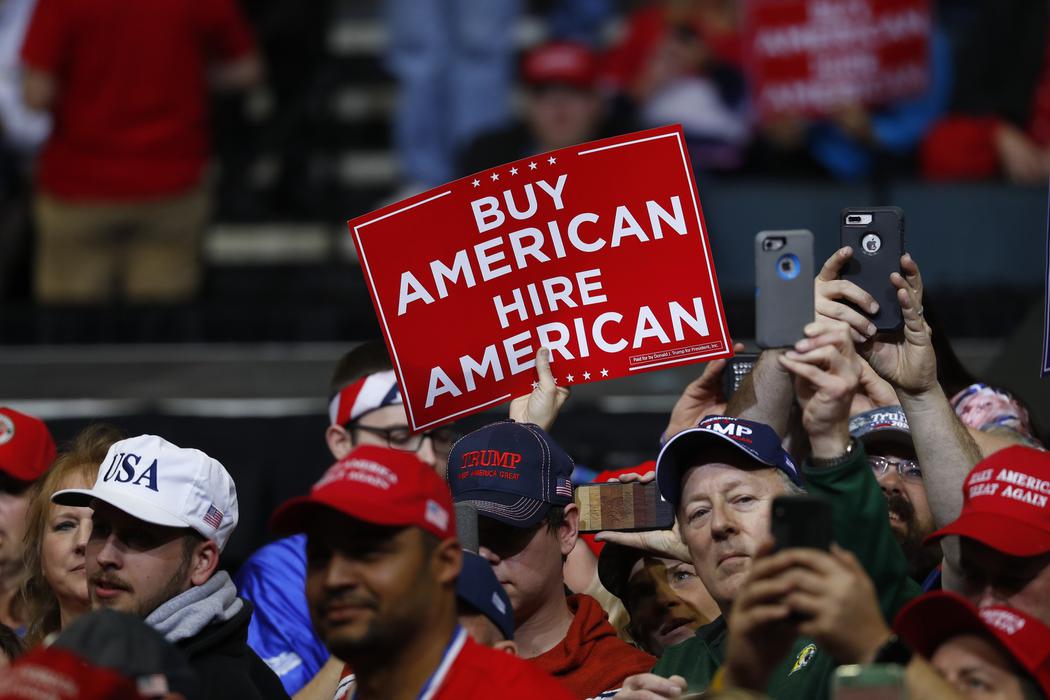
Richard Javad Heydarian, Professorial Chairholder in Geopolitics, Polytechnic University of the Philippines
Aug 08, 2025
The second Trump administration has combined aggressive diplomatic engagement with a confrontational trade policy that alienates allies and risks triggering a global recession, despite legitimate concerns about America’s industrial decline. While Trump's trade agenda aims to restructure global commerce to favor U.S. interests, its unilateral execution and failure to build a coalition undermine its effectiveness and may isolate the U.S. rather than restore its manufacturing strength.
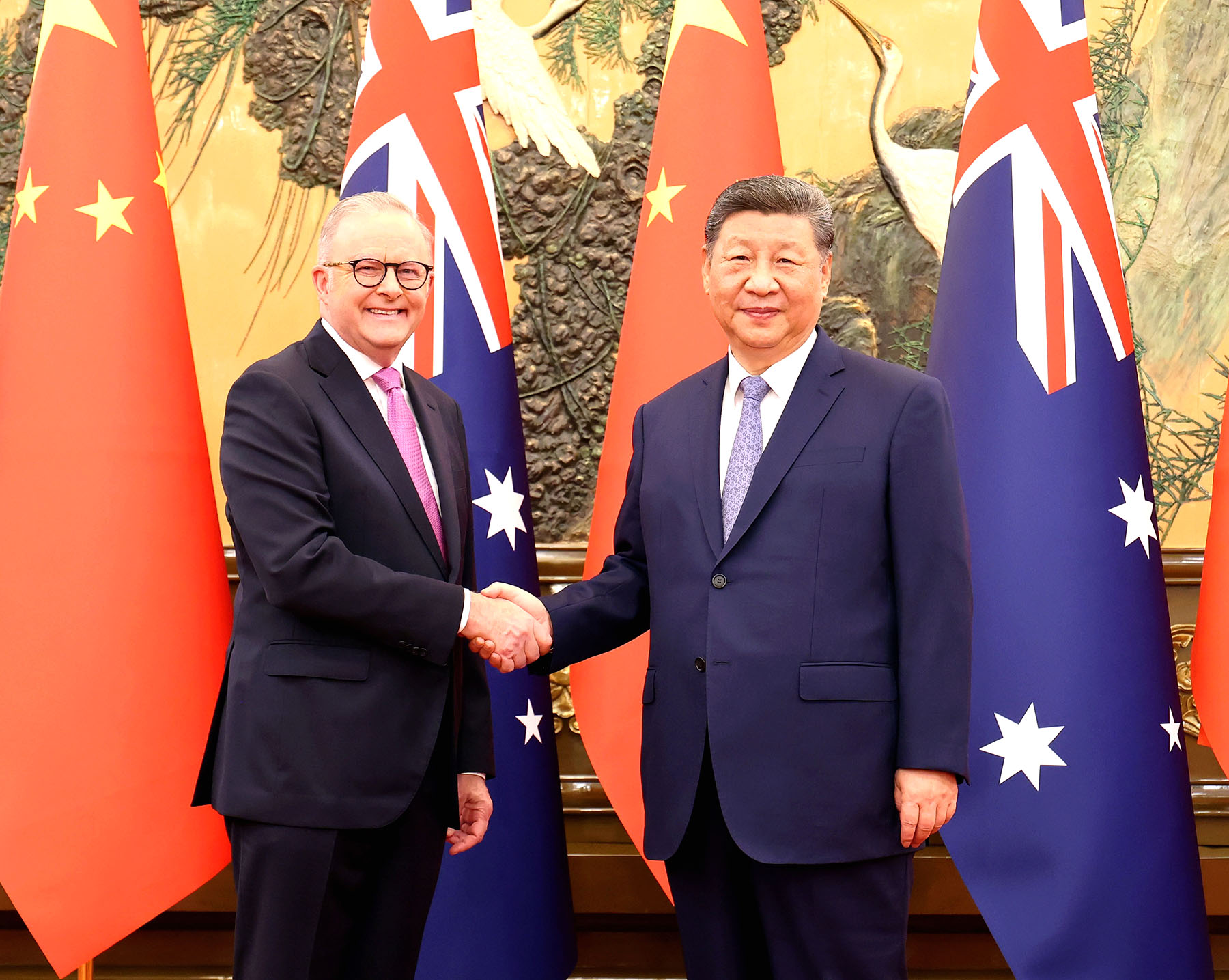
Richard Javad Heydarian, Professorial Chairholder in Geopolitics, Polytechnic University of the Philippines
Aug 08, 2025
The second Trump administration’s trade policies and assertive defense diplomacy have unsettled key Asian allies, straining some relationships while drawing others into deeper military cooperation. This approach has raised concerns about diminishing strategic autonomy among U.S. partners and the potential for pushing them closer to China.
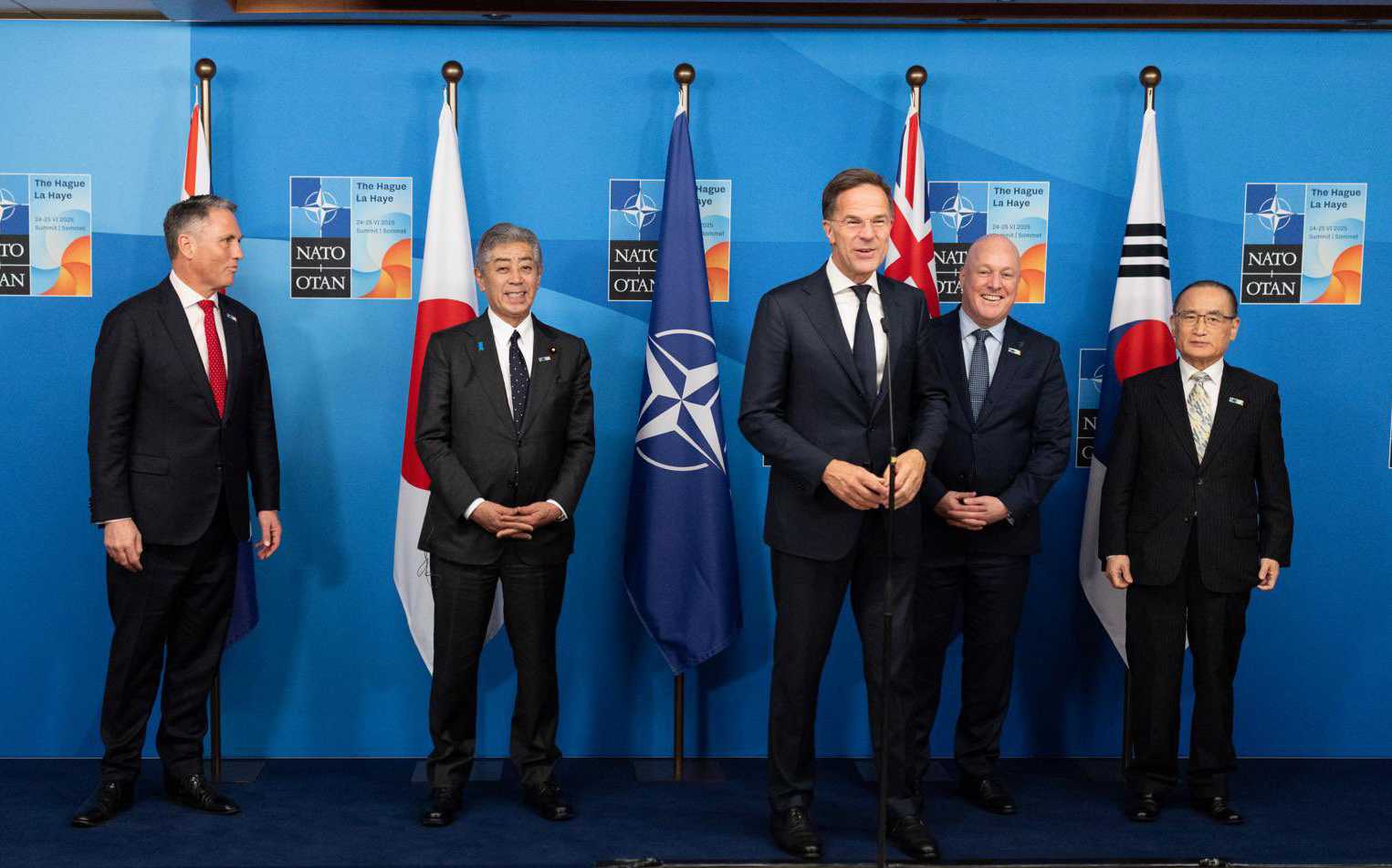
Ghulam Ali, PhD, Monash University, Australia
Aug 08, 2025
In the post-World War II period, the US maintained nearly uncontested supremacy over the vast Asia-Pacific region. Under the San Francisco System, or the ‘Hub and Spokes’ architecture, the US established military alliances, provided economic assistance, and proactively engaged with the region. The strategic foundation of US policy relied on both bilateral and multilateral defense agreements, such as those with Japan (1951), South Korea (1953), the Philippines (1951), Australia, New Zealand (collectively known as ANZUS, 1951), and Thailand (1954).
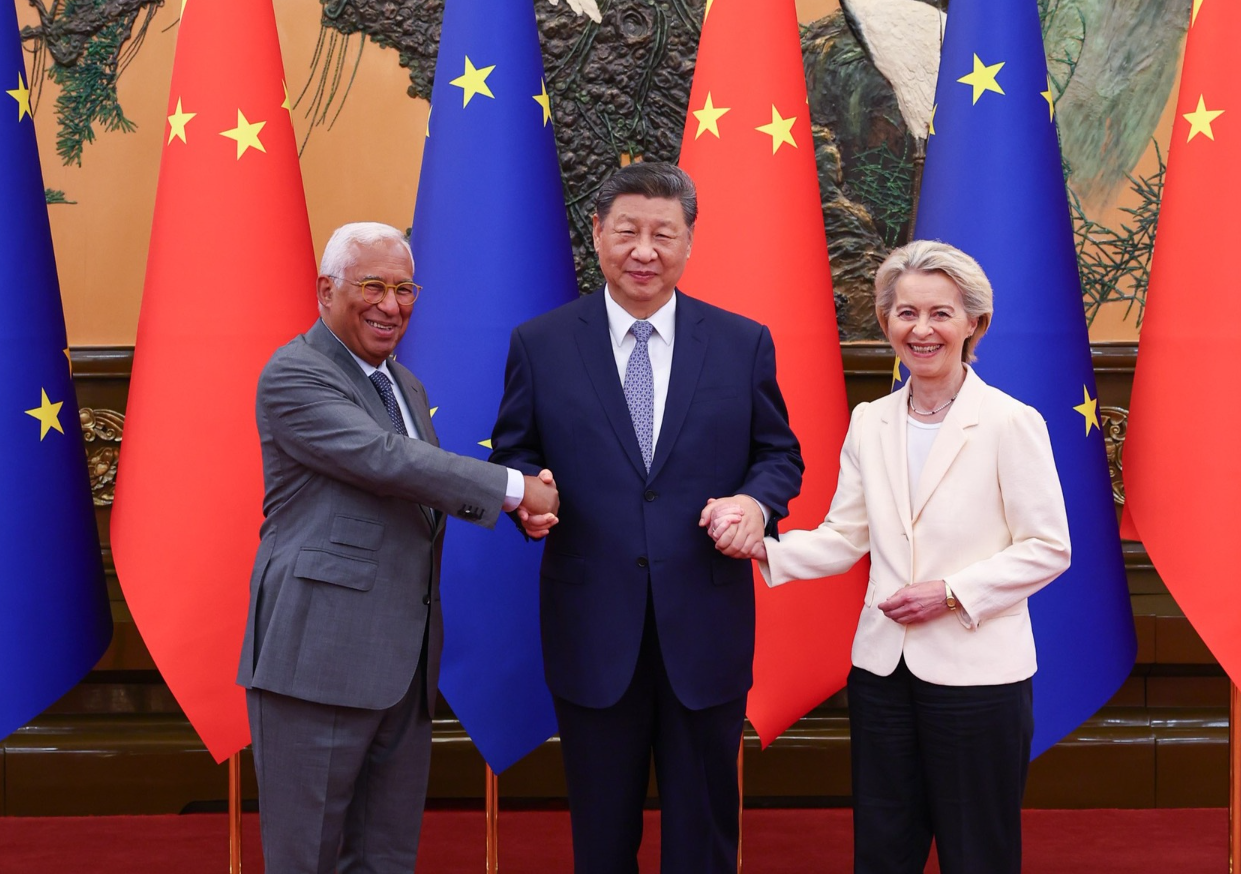
Tian Dewen, Senior Fellow, Institute of Global Governance and Development, Renmin University of China
Aug 07, 2025
Over the past 50 years since diplomatic relations were established between China and the European Union, differences have never become insurmountable obstacles. This is the proven pattern and the one to which they should continue to adhere in the future.
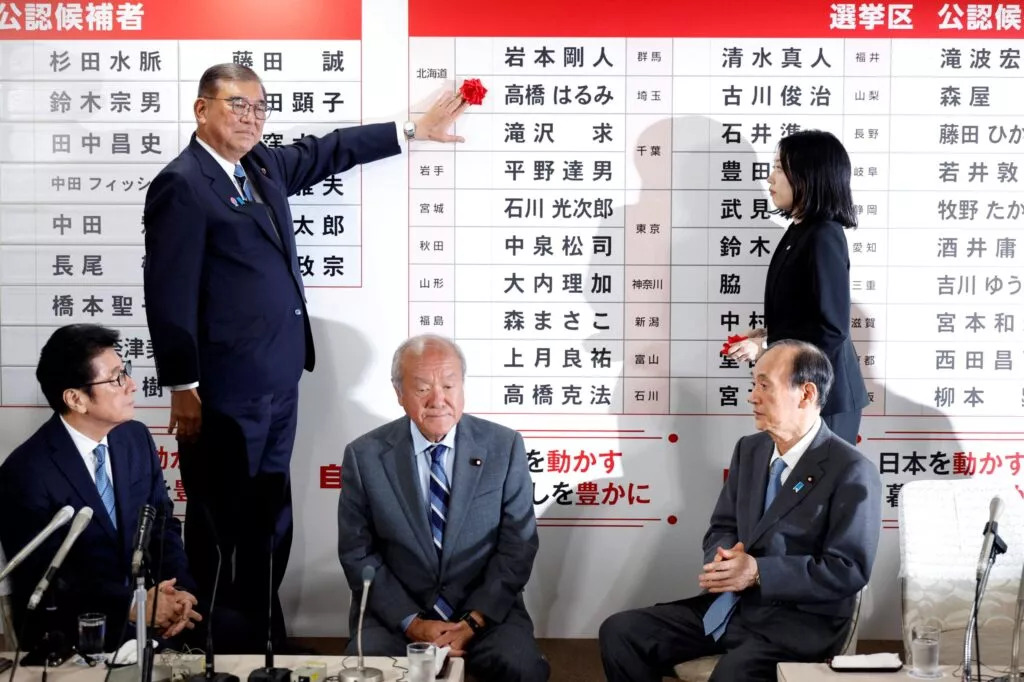
Zhang Yun, Professor, School of International Relations, Nanjing University
Aug 04, 2025
The results of the election in Japan’s House of Councillors highlight a key trend: An era of political fragmentation in Japanese party politics has arrived, and populist political forces are growing.
Back to Top

- China-US Focus builds trust and understanding between the U.S. and China through open dialogue among thought leaders.
- Our Offerings
- Topics
- Videos
- Podcasts
- Columnists
- Research Reports
- Focus Digest
- Stay Connected
-
Thanks for signing up!
- Get the latest stories from China-US Focus weekly.